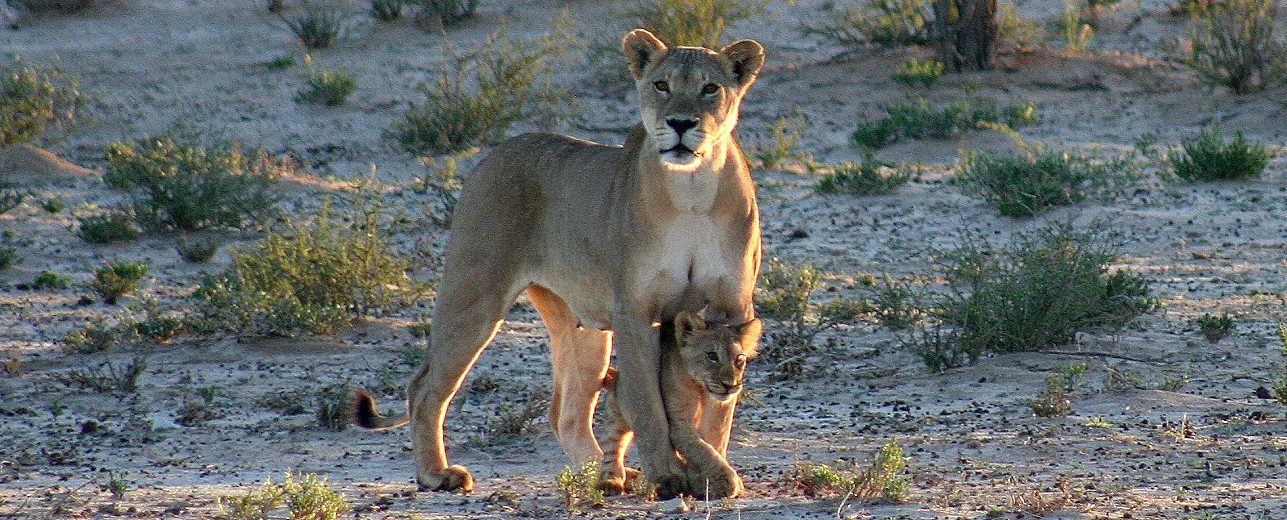Memorable people in history are those who have forged a new path, those who have dared to take the road less traveled. Rod Cassidy is one such person.
In a country beset by political instability Cassidy and his family have set up an ecotourism operation in the Dzanga-Sangha Special Reserve in the Central African Republic (CAR).
It’s a move that is pioneering and brave.
As one of only two privately-owned operations in the country Sangha Lodge is at the coal-face when in comes to ecotourism in Africa.
CAR has a population of around 4.5 million people in a country larger than France (its erstwhile colonial master). But colonial times are distant history. The country obtained independence in 1960. Rich in resources there is only one reason that the people remain amongst the poorest in the world – poor governance. The past 50 years have been testament to this, filled with political coups, absolute rulers and corruption.
“Yet when I first came to CAR in 2003 it blew me away,” says Cassidy. “It is so beautiful.”
Rich in biodiversity and culture, CAR is the “last frontier for unspoilt Africa”, according to Cassidy. Covered mostly by savanna, much of it still wild, it is the south western equatorial forest that drew him.
“It’s the best place in the world to see bongo. There are two groups of habituated lowland gorillas. And the birds,” he smiles through a beard that an Old Testament Noah would be proud of, “the birds are fantastic. We’ve counted 368 species so far.”
“From a wildlife perspective it’s vital that these areas are protected. We have forest elephant, forest buffalo and 13 species of primates. It’s an extraordinary area. But it’s not only about the wildlife. The Baa’ka people also live in this forest. They are part of the ecology here. So our presence is not only helping to preserve the wildlife, it is also helping to preserve a culture, both of which are under increasing threat.”
His words could not be more portentous.
After the most recent political coup in March 2013 the staff at Sangha Lodge advised Cassidy he should leave. Their intentions were not only to protect the expatriate family but also to avoid the awkward position local villagers might find themselves in should militants come looking for scapegoats.
“We didn’t fear for our safety,” Cassidy explains. “But the people of CAR have experience in this kind of thing and if they say it can get awkward for them you have to believe it. For everyone’s sake it was best that we spent the new government’s settling period outside the country.”
And then what Cassidy feared most happened. In early May conservation staff discovered the remains of 26 elephant, with ivory removed, in the clearing of Dzanga Bai close to Sangha Lodge.
“I need to go back now for two reasons. Firstly, to see for myself what conditions are like on the ground and secondly, to get the staff motivated and working again. Otherwise they will turn to the forest to make their living – chopping trees and killing animals.”
Sangha Lodge doesn’t have the backing of large financiers. Cassidy has sunk his life savings into the project. Until tourists are able to return to the CAR (most countries currently have travel advisories out on it) keeping Sangha Lodge going is a net drain on the coffers. “This year would have been the first to break-even,” he says with a rueful smile through the curtain of facial hair.
When asked what his greatest fear for the area is he says: “Continued fighting. It is entirely up to the new government what happens to the reserve.”
One can only hope for the sake of the people of the CAR, for the new leaders themselves, for Cassidy and for the biodiversity of the country, that the government will take the road less traveled, and forge a path towards an enduring order.
For anyone wishing to contribute to keeping Sangha Lodge’s staff employed during this downtime please contact Rod Cassidy. www.sanghalodge.com/
For those readers who may be unfamiliar with English culture the title of this article refers to Robert Frost’s poem ‘The Road Not Taken’.
